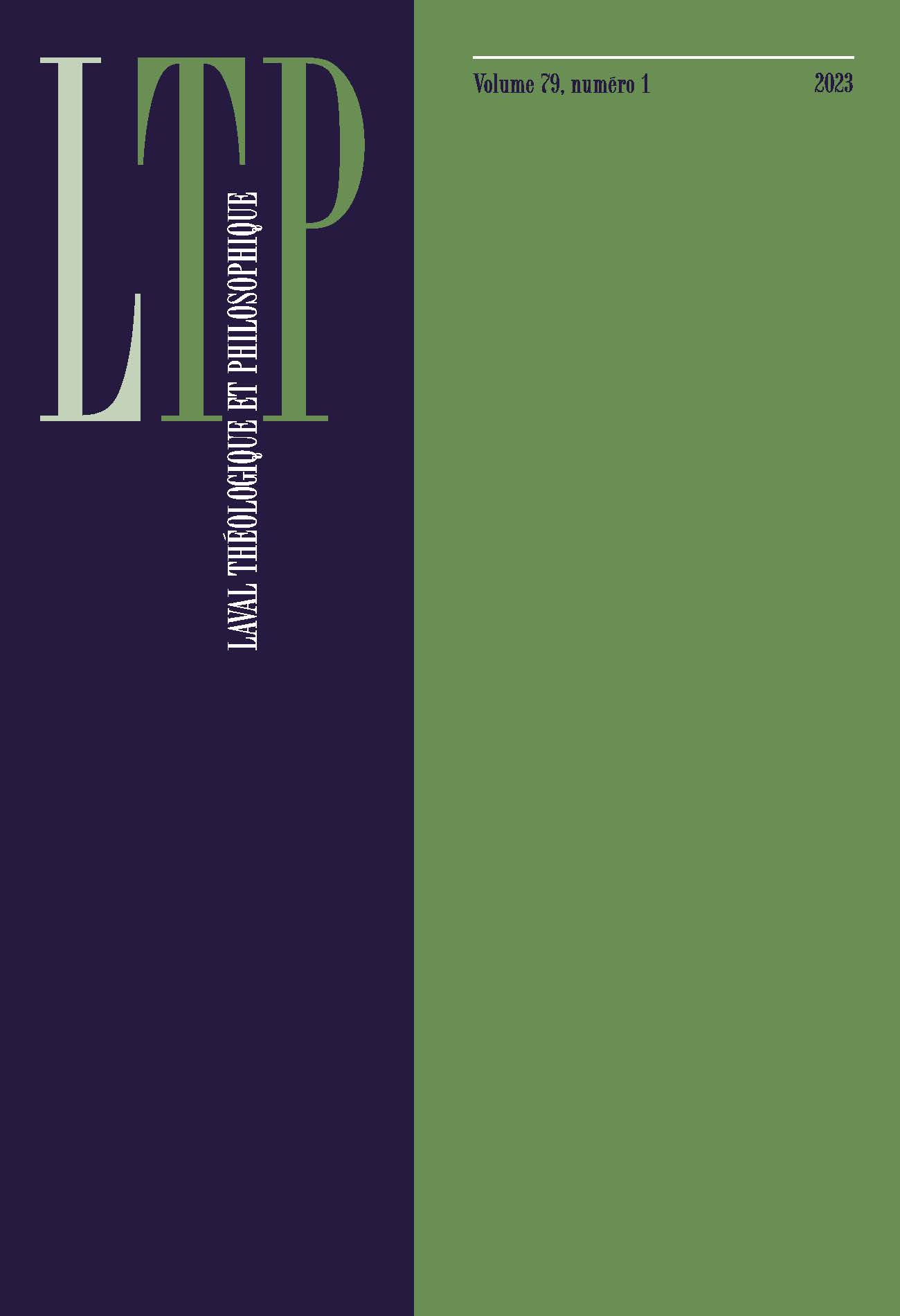L’évolution philosophique de Sartre dans 'Qu’est-ce que la littérature ?'
Abstract
In this paper, I focus on the specific philosophical contribution of Jean-Paul Sartre’s What is Literature? (1948), in the context of the existentialist meditation of this period (Beauvoir and Merleau-Ponty). I first establish how Sartre underpins the concept of freedom, by probing its epistemic aspect of testimony and its practical aspect of consciousness-raising, as well as its intrinsic dimensions of negativity and construction. Furthermore, I prove that such a conceptual improvement entails a fresh meditation by Sartre on the motive “making History”. Such meditation corresponds to a drastic modification of the precedence and order of what Sartre describes as “the cardinal categories of human reality”, to the detriment of the categories of being and having, and in favor of the category of making. I demonstrate that there is a shift from Being and Nothingness. I conclude by considering the significance of such a conceptual improvement of freedom, such a meditation of history, and such a categorial reshuffle, when it comes to the questions of the practical meaning of literature, of its appropriate form, and of its possible totalization.

